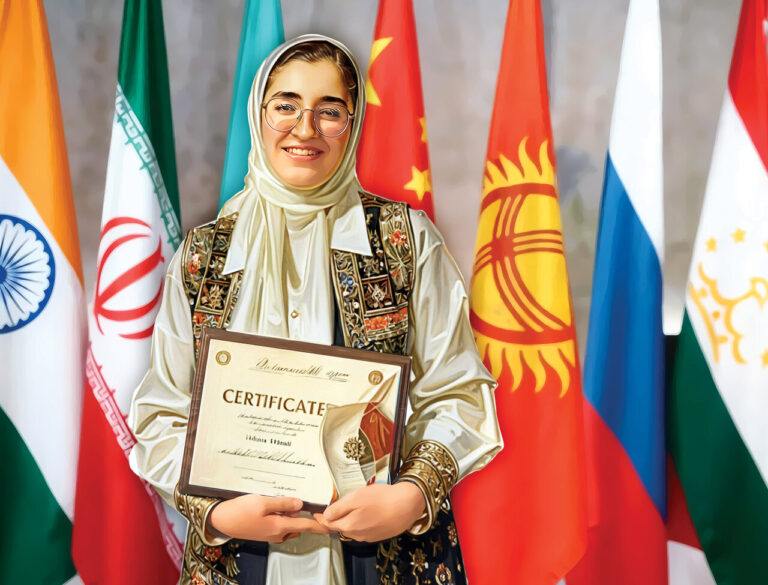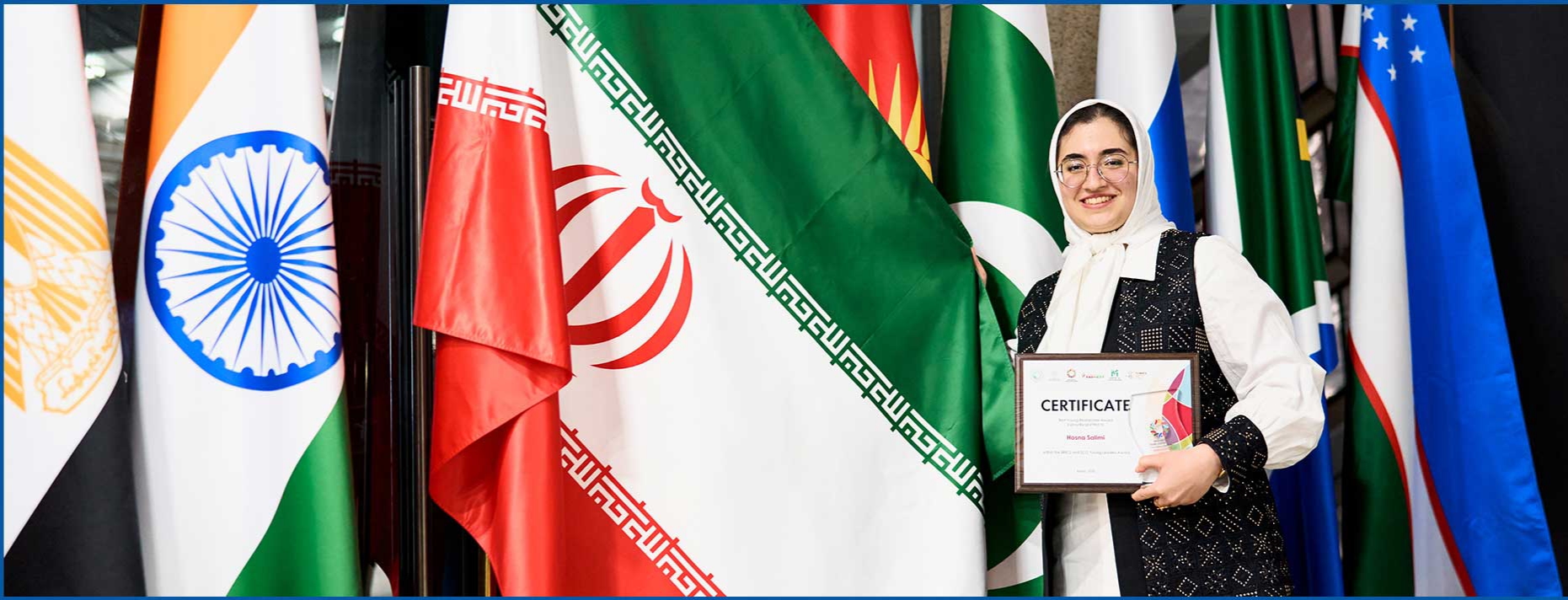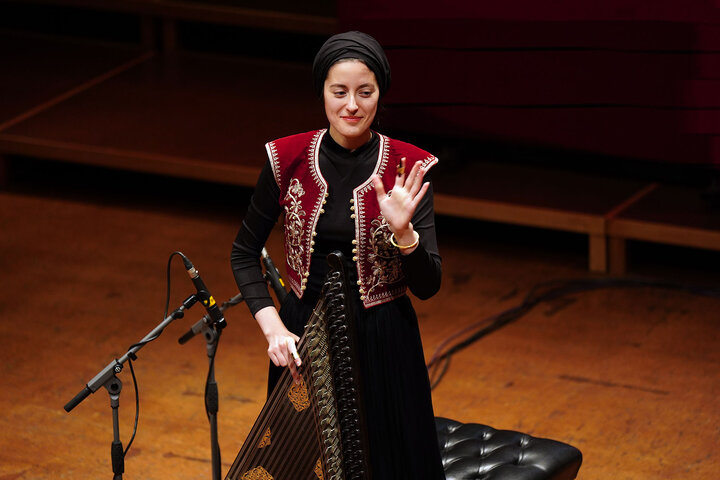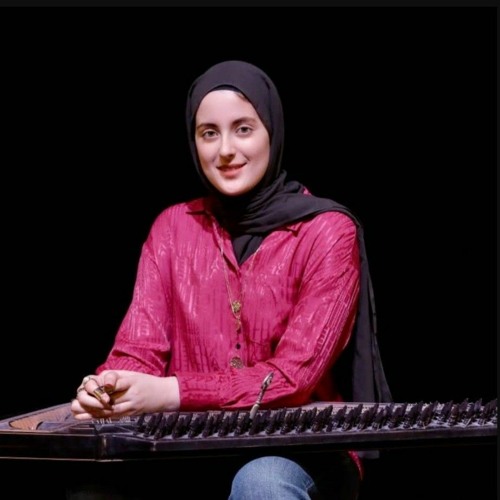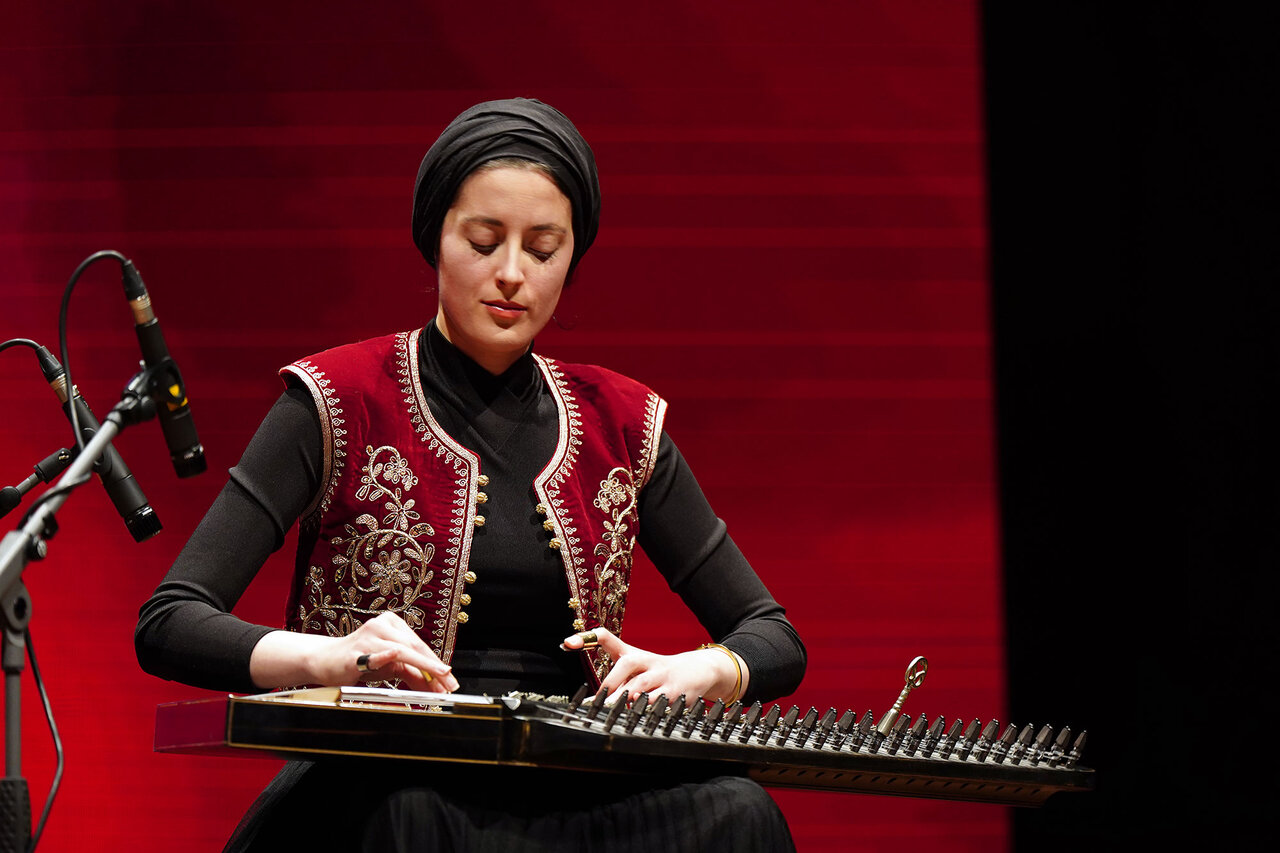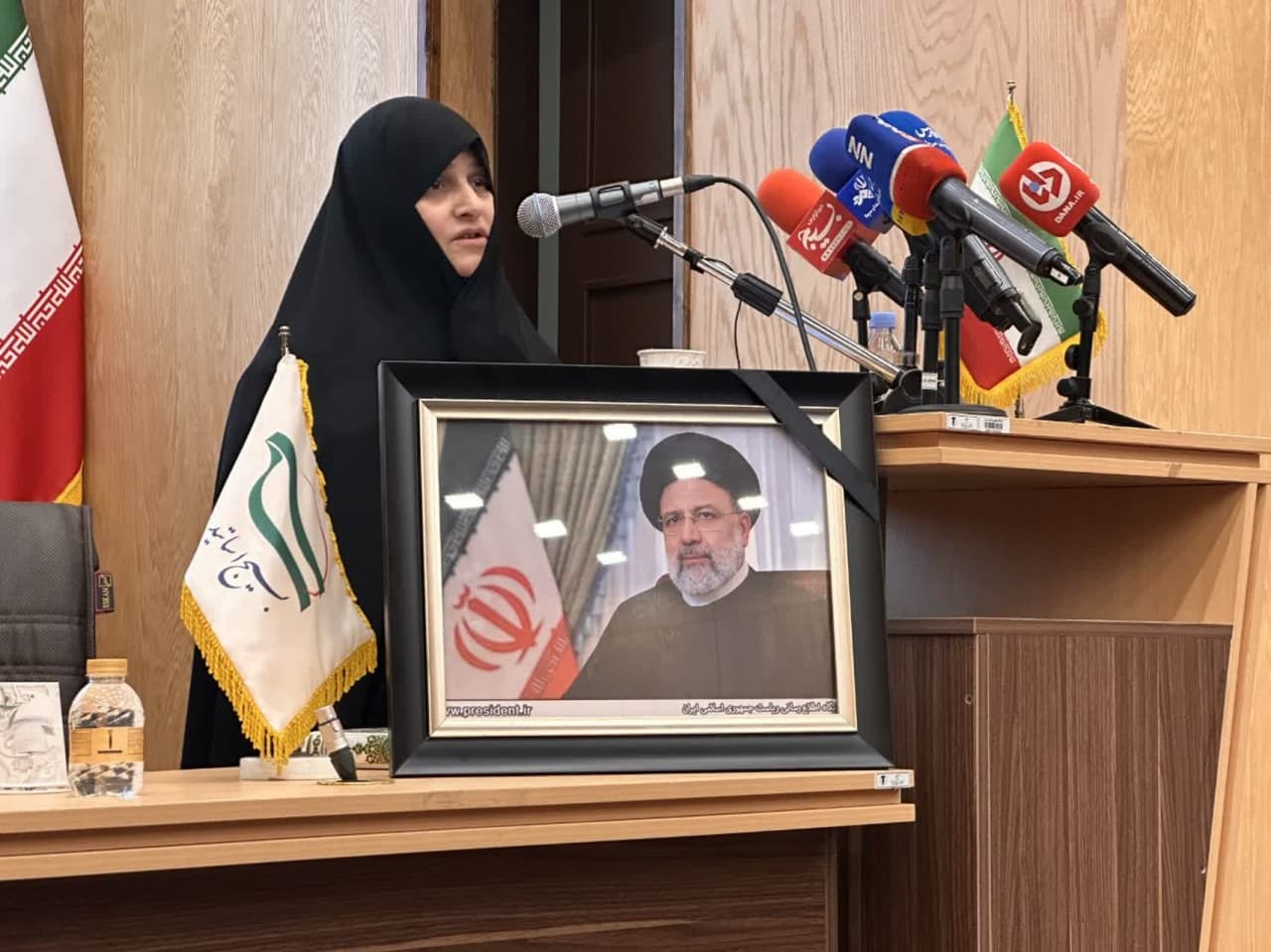For decades, financial independence has been presented as the ultimate solution for women. But has this prescription been liberating, or has it simply turned women into loyal consumers in the capitalist system?
For several decades, the concept of “women’s financial independence” has been marketed not just as an option but as a definitive and life-saving solution for women. Media, social activists, and specific intellectual currents have conveyed the message that for a woman to have real identity, self-esteem, and power, she must be financially independent.
Now, many women who embraced the model of financial independence openly admit that this solution, which was imposed on them without considering individual, cultural, and social differences, has brought them numerous challenges. These challenges range from increased work and psychological pressure to changes in their roles within their families and society.
Capitalism and Feminism: Two Sides of the Same Coin
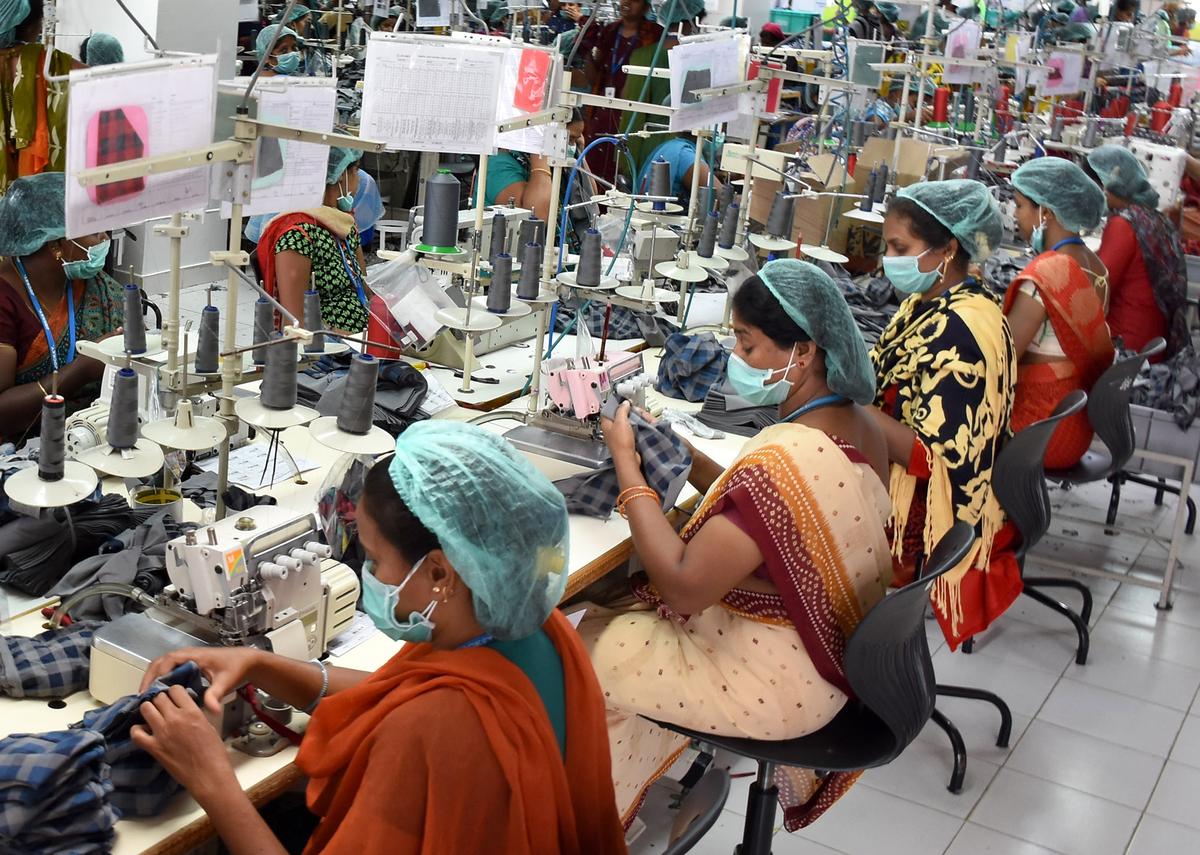
In her book, Simone de Beauvoir states, “Many of the social changes presented as progress for women can, in fact, become tools for strengthening economic and social systems.” And this indeed turned out to be the case.
Capitalism, by promoting financial independence for women, not only added cheaper labor to the workforce but also succeeded in positioning women as a new consumer group within the global economy.
Feminism Trapped by Capitalism
In many countries, the increased entry of women into the workforce led to reduced labor costs for companies, as female workers were often hired at lower wages and without adequate support. This trend was evident across various industries. Specifically, industries like fashion, cosmetics, healthcare, and entertainment, which targeted women as their primary consumers, made substantial profits. In fact, the concept of women’s financial independence was designed in a way that ultimately reinforced the cycle of consumerism.
It was this feminist movement that, by presenting financial independence not as an option but as a social necessity, allowed capitalism to hijack this viewpoint to its own advantage, trapping women in the “financial independence” trap.
Feminism, initially focused on fighting legal and social discrimination, gradually became a tool to promote the principles of the capitalist system.
Burnout Among Women: Capitalism’s Gift to Feminism
Since the second wave of feminism, the discourse has emerged that women can only be free if they are economically independent from men. While this perspective seemed to benefit women, in reality, it caused many of them to face even greater pressure in the workplace, while still bearing the traditional family responsibilities. As a result, many women experienced a double burnout, as they were forced to perform traditional roles both at work and at home.
The Role of Media in Shaping Female Models
Media, as a powerful arm of capitalism, strengthened this idea and spread it through international education and policies. This process led to increased economic pressures on women and significant changes in their familial and social roles.
TV shows, movies, and media advertisements, especially after the 1980s, presented the model of the independent woman who prioritized career, professional progress, and financial self-sufficiency above everything else. Female characters in Hollywood films and even popular children’s cartoons were designed to instill this concept in the minds of future generations. Alongside this, global brand advertisements with slogans like “Strong woman, independent woman” effectively nudged women toward increased consumerism.
The media waves that emerged in the West after these transformations consistently promoted the idea of financial independence as the only path to real liberation for women.
In the end, this model, initially presented as a way to free women from dependency, has, in practice, transformed them into new agents of the capitalist system. Many women who once dreamed of financial independence now realize that not only have they faced greater economic pressures, but traditional expectations of them continue to persist.
From: ISNA










